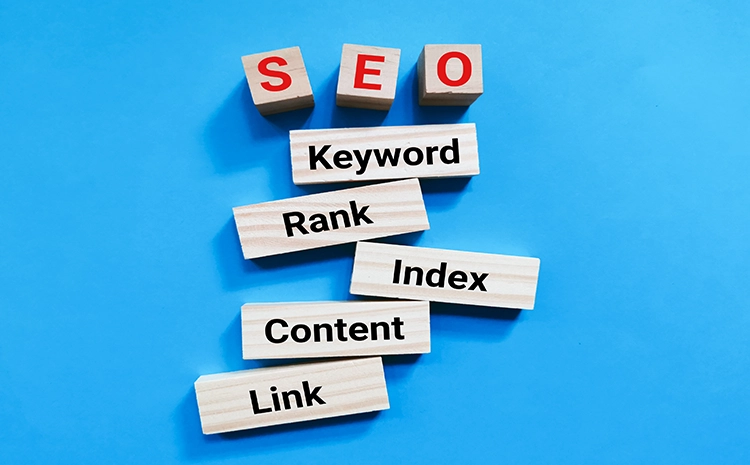How to Boost Your Website’s Speed ?
Introduction
You’ve probably heard that page speed is important for SEO. But did you know that it can also impact your website’s bottom line?
When it comes to page speed, there are a lot of things you can do to make your website run faster. There are several techniques to increase the speed of your page, from image optimization to limiting the number of plugins you use.
In this article, we’ll discuss the simplest ways to increase page speed for your website. We’ll also provide some advice on how to monitor and measure the success of your website.
Why Page Speed Matters
Most likely, you’ve already realised how important page performance is to your website. But what does that actually mean?
Simply said, page speed affects how quickly a website loads. Additionally, it benefits your users more if it loads quickly. According to studies, people start to lose interest in websites after three seconds and may leave.
That’s why it is vital to create certain pages as quickly as possible. You can increase your page speed in a number of ways, and we’ll look at a few of them in this blog.
How to Improve Your Page Speed
So, you wish to enhance your page speed? Here are few pointers to get you started.
1. Reduce the number of requests that are made by your page. This means using the smallest number of external resources possible and integrating all of your CSS and JavaScript files into one.
2. Optimize your photos and make sure you are using the right file type and size for them.
3. Use a caching plugin to store a replica of your pages on visitors’ computers. This may scale back the amount of knowledge that has to be transferred on every occasion someone visits your website.
4. Minimise the employment of plug-ins. Several plug-ins aren’t terribly economical, and a few will even weigh down your website. I will attempt to use those that are necessary and optimise them to the maximum extent possible.
5. Change compression. This could reduce the size of your pages and speed up the loading process.
How your website speed influences visibility
Your load times now have an impact on how soon customers find you because Google now considers speed when ranking websites. This is particularly accurate now that its mobile-first index is being launched.
Mobile searches initially overtook desktop searches in 2015, and their share of all searches is only increasing.
This indicates that Google should optimise its search results for mobile users. They don’t want to send users to websites that won’t load or work properly on their devices.
As a result, even in desktop search results, mobile user experience will now play a significant part in search rankings.
The index used to function exactly as this one does now.
Prior to this change, only desktop experience was taken into account for determining rankings for user experience. Therefore, even if a site offered a subpar mobile experience, it still had a chance to rank on page one.
This is not the situation today.
The experience that pages offer mobile users is now taken into account when indexing and ranking pages.
Therefore, understanding how to speed up website loading is crucial if you want to keep your rank and visibility. Your website must offer a rapid and simple user experience across all browsers and screen sizes.
Here are a few Common Page Speed Issues. Try to fix it.
When it comes to page speed, there are a few common issues that tend to cause problems. Let’s take a look at some of them and how you can fix them.
One of the most common issues is oversized images. If you’re not careful, these can slow down your page significantly.
Another issue is extraneous code. This might be scripts or trackers that you don’t need, or it could be code that’s been added by your theme or plugin authors. Removing this code can help speed up your page.
Third, you may be experiencing caching issues. This means that your pages aren’t being cached properly, and as a result, they’re loading slowly. You can fix this by adding caching headers to your pages.
Finally, you may have too many plugins installed. This can slow down your website significantly, so try deactivating some of them and see if that helps.
Conclusion
A Digital Marketing Agency in Malaysia will assist you in reaching a larger audience in less time.
Increasing your page load times is a difficult task, however it’ll have a major positive impact on your overall website performance.
If you can reduce your page load times to the desired levels, which is a challenging undertaking, your site’s performance will be greatly enhanced.
Examine the results of the speed tests performed on your website to identify the problems that are most likely to affect how quickly pages load. Pay attention to those aspects that have the greatest influence and take the required actions to prepare them.


Write a Comment